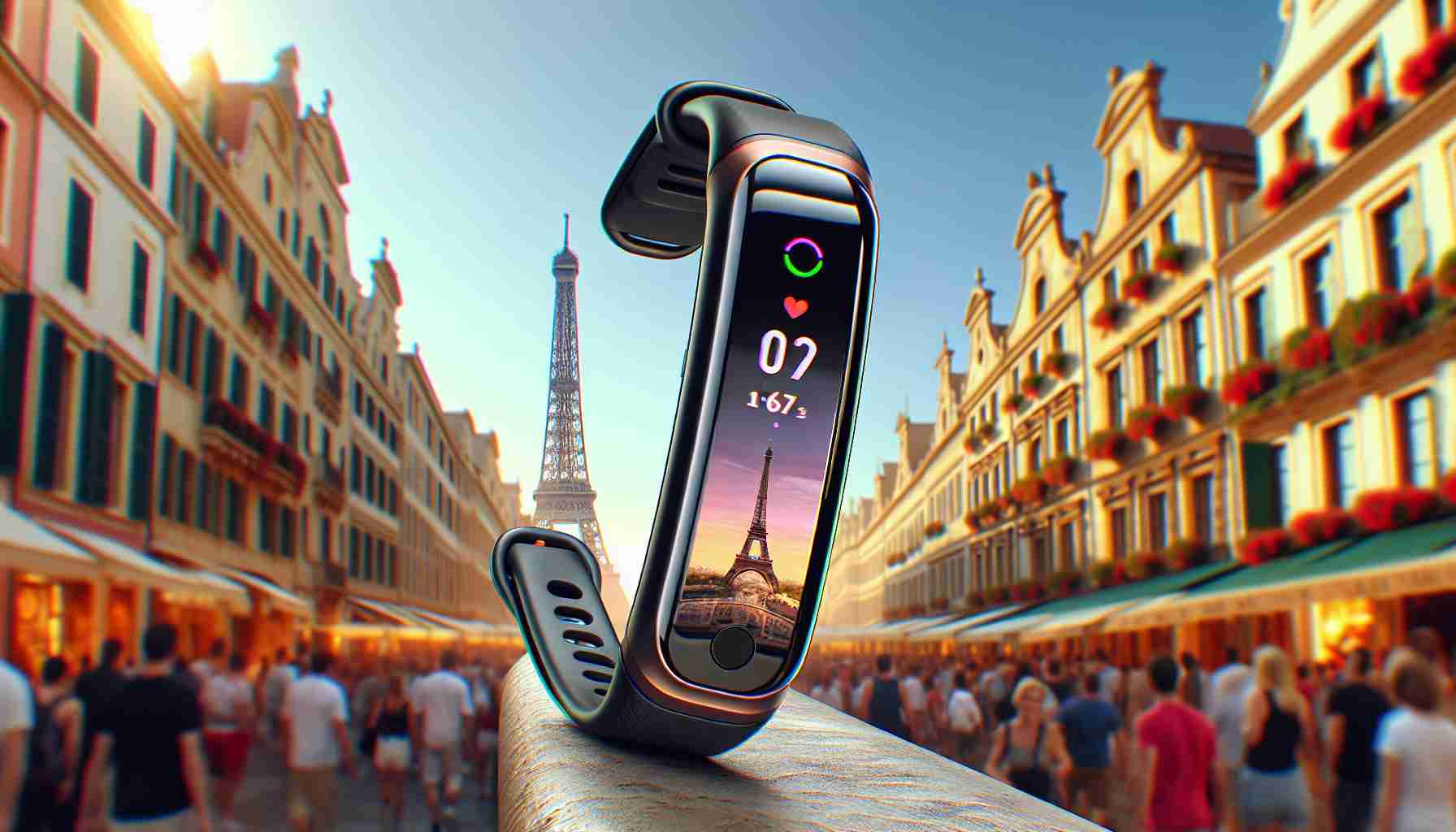Tech enthusiasts in Europe have a stylish new gadget to consider: Xiaomi’s Smart Band 9 Pro is now available for fitness fans across Italy, Germany, Spain, and the Netherlands.
Affordable Luxury on Your Wrist
Pricing for the Xiaomi Smart Band 9 Pro varies, ranging between €69.99 and €79.99, depending on country-specific promotions. Launch bonuses sweeten the deal; customers in Spain, for example, can snag a €5 discount voucher, while German buyers enjoy a generous 10% price reduction. Early adopters are also rewarded with enticing freebies such as the cutting-edge S400 body composition scale or the compact H10 hairdryer.
Feature-Packed Performance
This cutting-edge fitness tracker boasts a stunning 1.74-inch AMOLED display. With a smooth refresh rate of 60 Hz and impressive brightness reaching 1200 nits, the screen remains clear and vivid even in direct sunlight. Whether navigating a rainy commute or diving into fitness activities, users remain unfazed with the gadget’s 5 ATM water resistance.
Aside from its aesthetic and practical appeal, the device offers a remarkable 21-day battery life. Furthermore, the inclusion of a GNSS module elevates activity tracking accuracy, ensuring fitness goals are achieved with precision.
Xiaomi’s Smart Band 9 Pro is a blend of sleek design and functional prowess—ideal for tech-savvy individuals aiming to enhance their activity lifestyle.
Beyond the Wrist: The Future Impact of Smart Wearables on Humanity and Technology
Revolutionizing Health Monitoring and Lifestyle Management
The recent release of Xiaomi’s Smart Band 9 Pro in Europe adds to a growing revolution in wearable technology. As these devices become more sophisticated and widespread, they have the potential to fundamentally alter how we interact with our health and daily routines.
One of the key features of smart wearables like the Xiaomi Smart Band 9 Pro is their ability to continuously monitor various health metrics. This capability extends beyond simple step counting or heart rate monitoring. The inclusion of features such as GNSS for precise location tracking and the potential integration of advanced sensors hint at a future where wearables can monitor blood pressure, stress levels, and even detect early signs of health conditions like arrhythmias or glucose irregularities.
Empowering Personal Health Management
With increased health monitoring capabilities, individuals can gain unprecedented insights into their personal health, potentially leading to more proactive and preventative health management. By receiving real-time feedback, users can adjust their activities and lifestyle choices to optimize well-being, bridging the gap between personal and clinical healthcare.
Privacy Concerns and Data Security
Despite the advantages, the expansion of wearable technology raises significant privacy concerns. As these devices collect increasingly detailed personal data, the onus on companies to protect this information becomes paramount. Mishandling of health data could lead to privacy breaches with serious consequences, including unwanted sharing with insurance companies or marketers. Do the benefits of advanced health tracking outweigh the risks associated with potential data misuse?
Enhancing Technology Integration
Smart wearables not only contribute to health management but also serve as convenient hubs for integrating with other smart devices. As part of the broader Internet of Things (IoT) landscape, wearables enable seamless interaction with smart home devices, smartphones, and other digital assistants. The potential for automation and smart controls further enhances lifestyle efficiency and comfort.
Limitations and Power Dynamics
However, it’s crucial to evaluate the limitations of wearable devices, such as battery life constraints and dependence on regular updates for optimal performance. Moreover, the digital divide could be exacerbated if access to such technology remains limited to higher-income groups, thereby increasing health inequalities.
Looking Ahead: Are Wearables the Future Universal Health Tool?
As technology continues to evolve, wearable gadgets are set to become more than just fitness trackers; they may transform into essential tools for universal health management. Will these innovations be inclusive enough to serve a diverse population, and how might they influence future healthcare practices?
For more insights on technological advancements and lifestyle innovations, visit Xiaomi and explore the latest developments.







